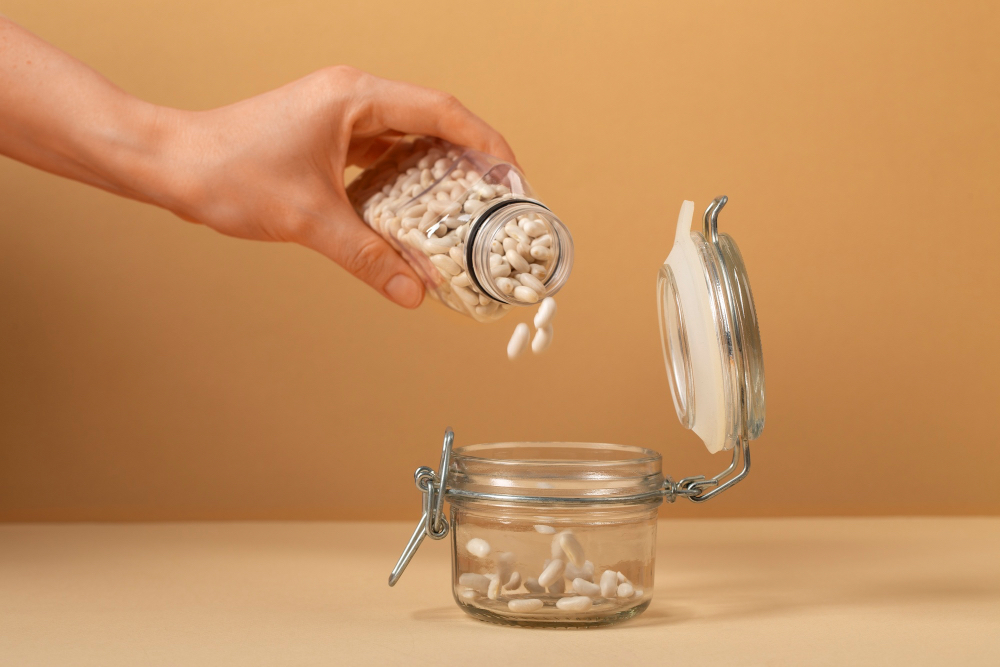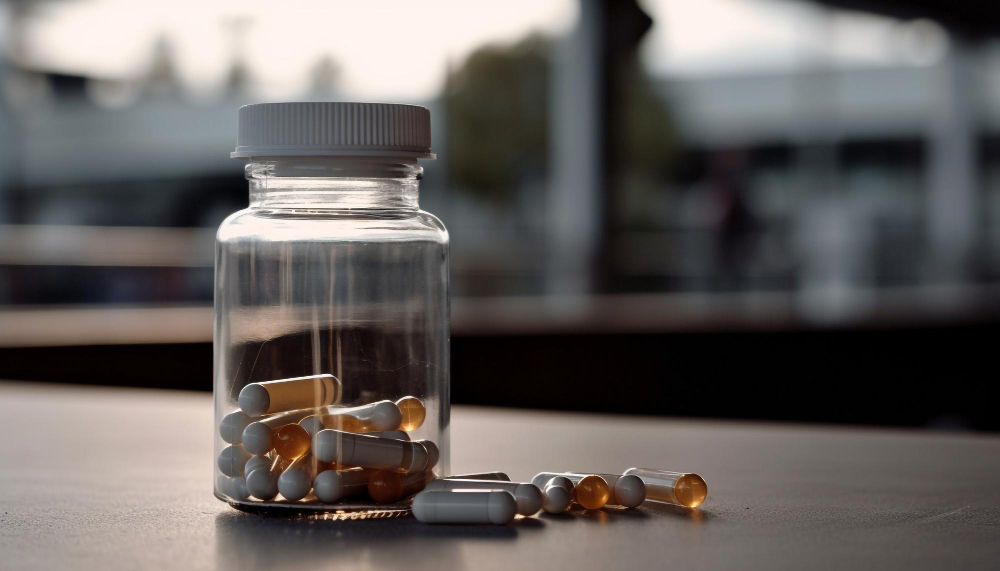High-Density Polyethylene (HDPE) plastic bottles have become a go-to choice in the U.S. packaging industry due to their durability, sustainability, and cost-effectiveness. Industries like pharmaceuticals, food & beverages, personal care, and chemicals rely on HDPE bottles for safe and efficient product storage. Let’s explore the top five benefits of using HDPE plastic bottles in the packaging industry.
1. Exceptional Durability & Strength
One of the biggest advantages of HDPE bottles is their high durability. Unlike glass bottles, which are prone to breakage, HDPE plastic bottles are impact-resistant, making them ideal for industries that require sturdy and reliable packaging.
Crack-Resistant: HDPE bottles can withstand rough handling during transportation and storage.
Leak-Proof: Their tight-sealing properties help prevent leaks, preserving product integrity.
Chemical Resistance: Suitable for storing harsh chemicals, pharmaceuticals, and cleaning agents without degradation.
Example: The pharmaceutical industry in the U.S. relies on HDPE bottles for packaging medicines and liquid drugs due to their superior chemical resistance and safety.
2. Lightweight & Cost-Effective
Compared to glass and metal packaging, HDPE bottles are significantly lighter, making them more cost-effective for manufacturers and retailers.
Lower Shipping Costs: Their lightweight nature reduces transportation costs, benefiting businesses looking for economical packaging solutions.
Easier to Handle: Consumers prefer lightweight packaging for everyday use, such as shampoo bottles, milk jugs, and detergent containers.
Example: Food & beverage brands in the USA prefer HDPE plastic bottles for packaging milk, juices, and other liquids to reduce shipping expenses and increase consumer convenience.
3. Excellent Barrier Against Moisture & Contaminants
HDPE plastic bottles provide superior protection against moisture, oxygen, and external contaminants, ensuring product longevity.
Preserves Product Freshness: Ideal for food, pharmaceuticals, and personal care items that require extended shelf life.
Odor & Taste Neutrality: Unlike some plastic alternatives, HDPE bottles do not leach chemicals or alter product flavors.
Example: Pharmaceutical companies in the USA use HDPE packaging for medicines, ensuring they remain stable and uncontaminated over time.
4. 100% Recyclable & Eco-Friendly
With the U.S. market shifting towards sustainable packaging, HDPE bottles are an excellent choice due to their high recyclability.
Recyclability: HDPE is one of the most widely recycled plastics in the USA, reducing environmental impact.
Sustainable Practices: Many companies now use post-consumer recycled HDPE (rHDPE) to promote eco-friendly packaging solutions.
Reduced Carbon Footprint: Manufacturing HDPE bottles requires less energy compared to glass or metal alternatives.
Example: Major U.S. brands like Coca-Cola and Unilever are increasing their use of recycled HDPE plastic bottles to meet sustainability goals.
5. Versatility for Multiple Industries
HDPE plastic bottles are highly versatile and can be used in a variety of industries, including:
Food & Beverage: Milk jugs, juice bottles, and condiment containers.
Personal Care: Shampoo bottles, lotion containers, and body wash packaging.
Industrial & Chemical: Detergent bottles, motor oil containers, and cleaning supplies.
Example: Personal care brands in the USA choose HDPE packaging for lotions and shampoos due to its durability, lightweight nature, and recyclability.









.svg)
